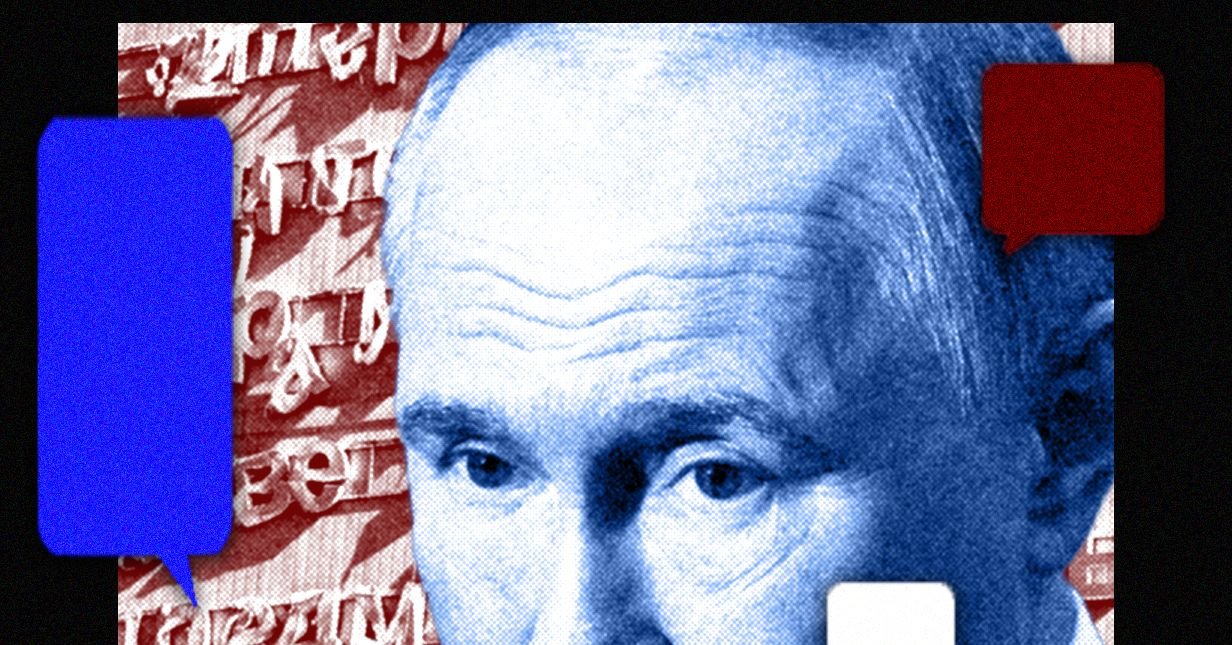OpenAI’s ChatGPT, Google’s Gemini, DeepSeek, and xAI’s Grok are pushing Russian state propaganda from sanctioned entities—together with citations from Russian state media, websites tied to Russian intelligence or pro-Kremlin narratives—when requested in regards to the conflict towards Ukraine, in response to a brand new report.
Researchers from the Institute of Strategic Dialogue (ISD) declare that Russian propaganda has focused and exploited data voids—the place searches for real-time information present few outcomes from authentic sources—to advertise false and deceptive data. Nearly one-fifth of responses to questions on Russia’s conflict in Ukraine, throughout the 4 chatbots they examined, cited Russian state-attributed sources, the ISD analysis claims.
“It raises questions relating to how chatbots ought to deal when referencing these sources, contemplating lots of them are sanctioned within the EU,” says Pablo Maristany de las Casas, an analyst on the ISD who led the analysis. The findings increase severe questions in regards to the means of huge language fashions (LLMs) to limit sanctioned media within the EU, which is a rising concern as extra folks use AI chatbots as an alternative choice to serps to seek out data in actual time, the ISD claims. For the six-month interval ending September 30, 2025, ChatGPT search had roughly 120.4 million common month-to-month lively recipients within the European Union in accordance to OpenAI data.
The researchers requested the chatbots 300 impartial, biased, and “malicious” questions referring to the notion of NATO, peace talks, Ukraine’s army recruitment’ Ukrainian refugees, and conflict crimes dedicated in the course of the Russian invasion of Ukraine. The researchers used separate accounts for every question in English, Spanish, French, German, and Italian in an experiment in July. The identical propaganda points are nonetheless current in October, Maristany de las Casas says.
Amid widespread sanctions imposed on Russia since its full-scale invasion of Ukraine in February 2022, European officers have sanctioned at least 27 Russian media sources for spreading disinformation and distorting details as a part of its “technique of destabilizing” Europe and different nations.
The ISD analysis says chatbots cited Sputnik Globe, Sputnik China, RT (previously Russia Today), EADaily, the Strategic Culture Foundation, and the R-FBI. A number of the chatbots additionally cited Russian disinformation networks and Russian journalists or influencers that amplified Kremlin narratives, the analysis says. Related earlier analysis has additionally discovered 10 of the most well-liked chatbots mimicking Russian narratives.
OpenAI spokesperson Kate Waters tells WIRED in an announcement that the corporate takes steps “to forestall folks from utilizing ChatGPT to unfold false or deceptive data, together with such content material linked to state-backed actors,” including that these are long-standing points that the corporate is making an attempt to deal with by enhancing its mannequin and platforms.
